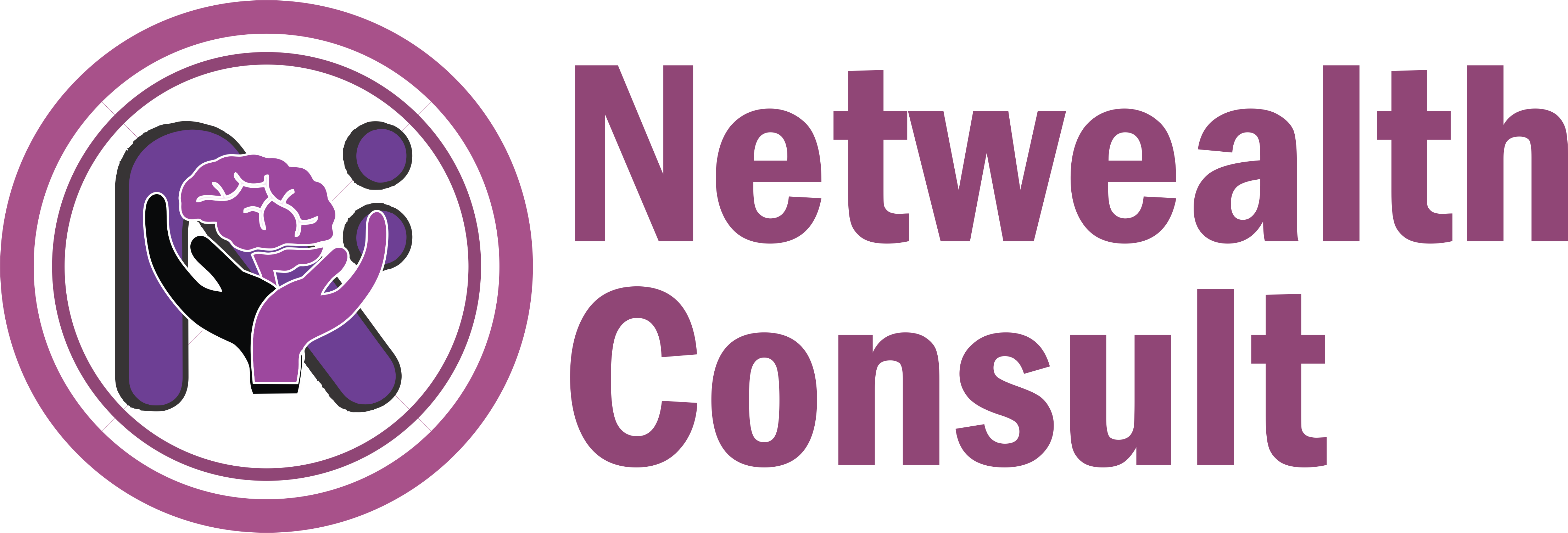
In 2018, Chuka, a rising fintech executive, wanted to host a high-level leadership roundtable. His challenge wasn’t content it was commitment. Busy professionals were swamped with options, and his event risked being just another calendar invite.
So he flipped the script: He limited the roundtable to 20 seats only, and sent out personalized invitations with a 72-hour deadline. In 48 hours, the seats were gone.
The strategy wasn’t pushy. It was strategic urgency. He created space for decision-makers to feel the value and immediacy of the opportunity.
This is the ethical power of Fear of Missing Out (FOMO) and it plays a critical role in career moves, business leadership, and personal visibility.
FOMO Drives Decisions, Even for High Performers
FOMO is more than a marketing buzzword. It’s a psychological driver that influences how fast and why people act. Even the most analytical professionals respond to subtle emotional cues when the stakes are high.
A study by Trustpulse showed that 60% of professionals act faster when they believe an opportunity is limited by time or availability.
For executives and leaders, this means one thing: in environments flooded with noise and options, scarcity becomes clarity.
What Is FOMO?
Fear of Missing Out (FOMO) is the emotional response to the idea that others are accessing something valuable while you are not. It’s the tension between potential gain and perceived loss.
In career and leadership, FOMO is not about pressure it’s about positioning and timing.
Whether you’re offering your expertise, exploring a new venture, or positioning yourself for advancement, strategic urgency helps others (and yourself) prioritize the right actions.
Why Scarcity and Urgency Work in Leadership and Growth

Career-defining opportunities rarely wait around. Neither do decision-makers. Scarcity and urgency are not about being dramatic they’re about respecting time and driving clarity. According to HubSpot, adding time-sensitive language can increase action rates by over 300%, especially in high-level offers and communications.
Executives don’t delay because they don’t care they delay because the opportunity wasn’t presented with clear boundaries.
5 Ways to Use Ethical FOMO for Career and Business Growth
Whether you’re trying to build a reputation, close a strategic opportunity, or launch a personal project, here’s how to create momentum without hype:
1. Define Clear Deadlines for Your Initiatives
Whether applying for a leadership program or proposing a new project, set time-based calls to action. People need a reason to move now.
2. Limit Access to High-Value Offers or Experiences
Whether it’s a mentorship slot, strategic consultation, or business opportunity limiting space adds perceived value and invites quicker engagement.
3. Show Traction, Not Just Potential
Instead of saying “I’m building a team,” say “3 executives have already joined the core group.” Activity fuels interest.
4. Use Personal Invitations with Boundaries
Exclusivity isn’t arrogance it’s focus. “I’d love to include you, but we’re closing this in 48 hours” sends a powerful message.
5. Build a Reputation That People Don’t Want to Miss
Thought leadership, visibility and credibility position you as someone worth watching. The stronger your signal, the more powerful your influence.
Conclusion: Opportunity Has an Expiration Date
In a world of abundance, urgency cuts through the noise. It tells others, This matters now.
Whether you’re trying to land your next leadership role, grow a strategic network, or launch a business opportunity remember this: People rarely act because they’re convinced, They act because they don’t want to miss out.
Use that insight responsibly, and your influence will do more than inform just it will inspire action

Nice post